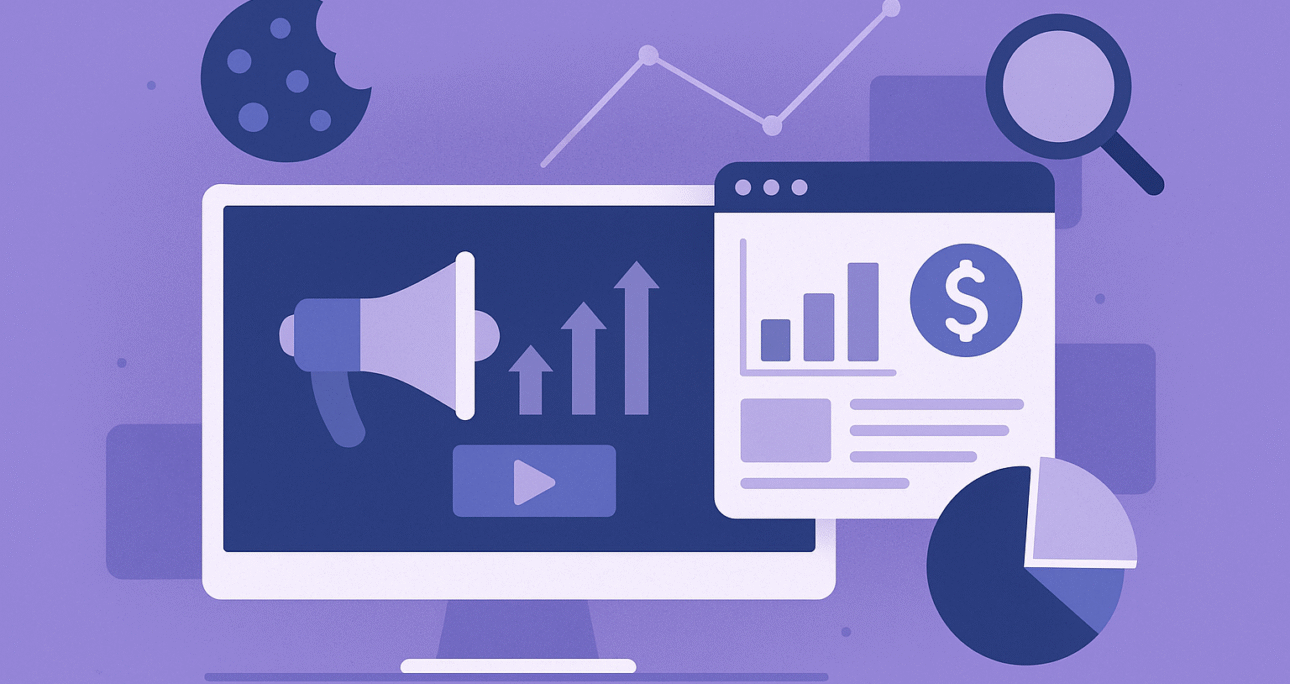Privacy reshaping digital advertising
The future of digital advertising is being defined by one major shift: the disappearance of third-party cookies. As privacy regulations tighten worldwide, marketers are rethinking how to reach audiences effectively without relying on traditional tracking methods. This change is pushing brands to build stronger relationships through consent-based data and personalized experiences that respect user privacy.
First-party data as the new currency
With the decline of cookies, first-party data has become the cornerstone of modern marketing strategies. Companies are investing in systems that collect data directly from customers through websites, apps, and loyalty programs. This approach allows advertisers to maintain accuracy and relevance while staying compliant with data protection laws like the GDPR and CCPA. The key challenge lies in earning user trust while delivering value-driven interactions.
AI and contextual targeting taking the lead
In the post-cookie era, artificial intelligence is playing a crucial role in redefining targeting and measurement. Contextual advertising, powered by AI, enables brands to place ads based on real-time content relevance rather than personal data. This not only improves campaign performance but also aligns with privacy expectations. Predictive analytics and machine learning are further enhancing how advertisers understand behavior without intruding on user identity.
A future built on transparency and innovation
The next decade of digital advertising will rely on transparency, consent, and innovation. Brands that adapt early to privacy-first frameworks will gain a competitive advantage as consumers reward ethical marketing practices. By combining first-party insights with AI-driven analytics, advertisers can create experiences that are both personalized and privacy-safe — defining a smarter, more sustainable future for the industry.
Source: Forbes




